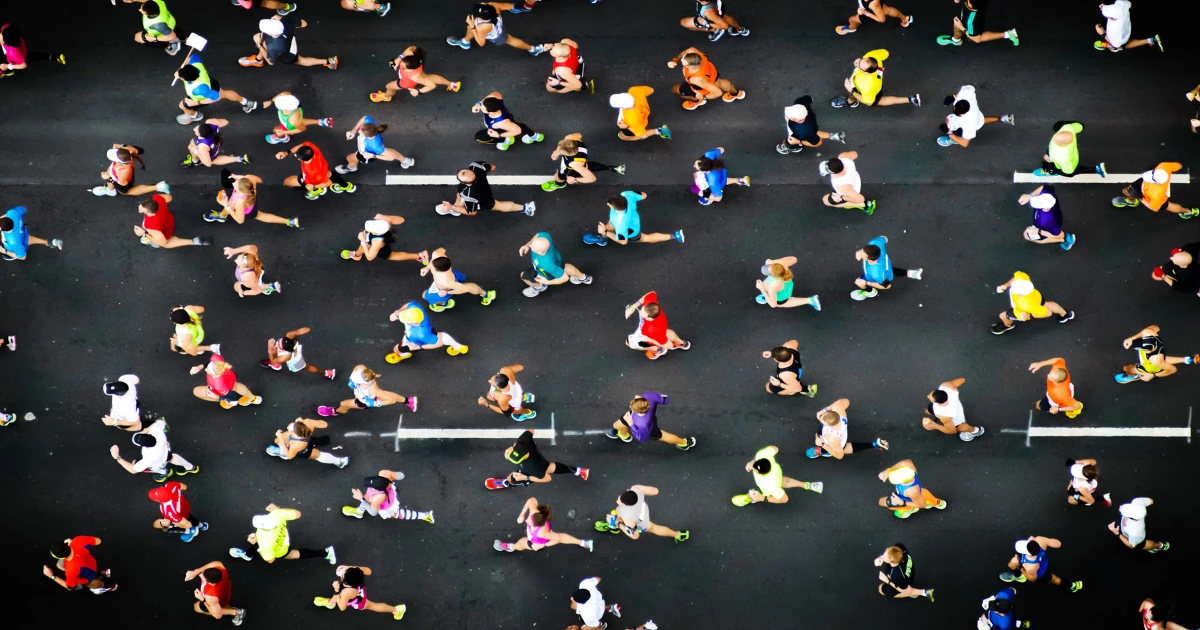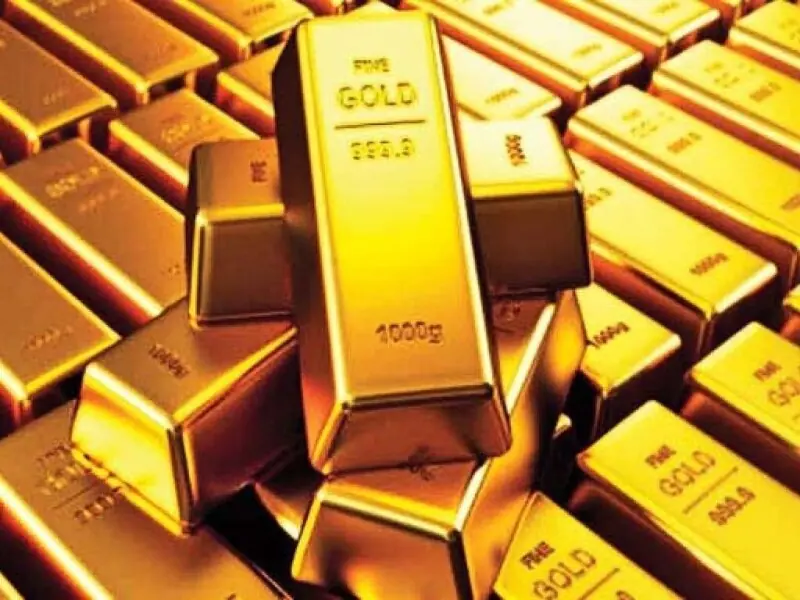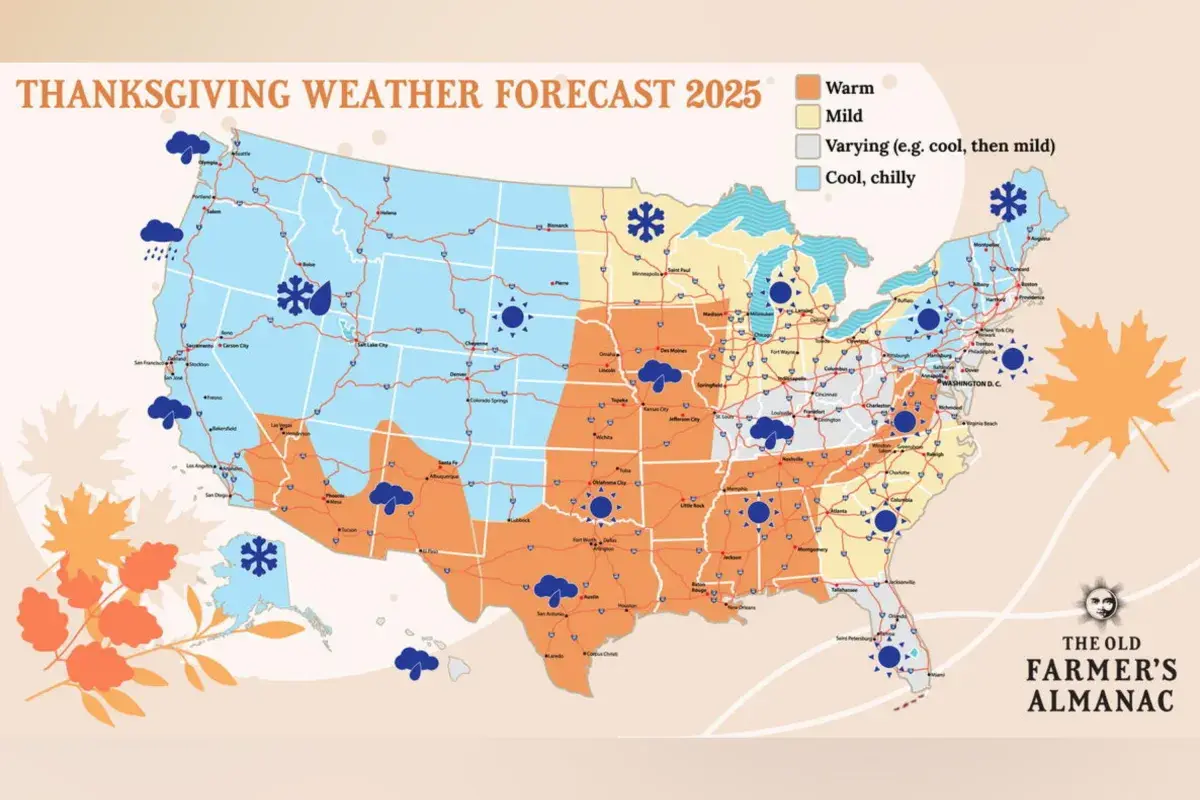Copyright TODAY

As a sports dietitian and marathon runner, I know firsthand the difference nutrition can make in your performance. Properly fueling for a marathon can be the difference between hitting the wall at mile 20 or finishing the race strong. Not to mention that what you eat after the race factors into a smooth (or not-so-smooth) recovery. Whether this is your first marathon or you’re a seasoned vet, knowing what to eat before a marathon and how to fuel during the race can help you go from a tough finish to a personal best. Here’s your guide to feeling your best through all 26.2 miles. What to Eat Leading Up to a Marathon The week before the race is all about carb-loading. Your muscles and liver store carbohydrates as glycogen, which provides energy for about the first hour of running. Increasing your carb intake to 70–80% of calories during the three to four days before the race helps your body store more glycogen, giving you an energy boost for race day. Gradually increase your intake of carbohydrate-rich foods while keeping protein and fat moderate. Opt for low-fiber staples, like pasta, rice, bread, oatmeal, potatoes and starchy vegetables. Simple carb-rich snacks and drinks, like pretzels, granola bars, applesauce, chocolate milk, juice and sports drinks, can also top up your energy stores without upsetting your stomach. Hydration is another crucial part of marathon prep. Drinking water consistently throughout the week before the race ensures your body is fully hydrated and ready to perform. If you’re traveling to the race by air, bring an empty water bottle through airport security and fill it before boarding. Continue drinking water consistently on travel days and in the days leading up to the race. For your pre-race dinner, stick with something simple and familiar. A plate of white rice with grilled chicken and roasted starchy vegetables or a classic pasta dish with olive oil or a light sauce is easy to digest and provides the fuel you need. Avoid high-fiber foods, like cruciferous vegetables or beans, and foods that may cause indigestion, such as spicy, rich, garlicky, or unfamiliar dishes. What to Eat for Breakfast Before a Marathon Race day breakfast is arguably one of the most important aspects of marathon nutrition. Eat this meal about two to three hours before the start to give your stomach time to digest and convert the food into usable energy. Focus on carbohydrates with a small amount of protein and fat. Classic options include a bagel with jam or a bowl of oatmeal with sliced banana and honey. Even something as simple as toaster waffles with syrup can work if it’s a meal you’ve had while training. To avoid unwanted GI issues during the race, stick with familiar foods and never try something new on race day. For larger races, like the New York City Marathon, you may have to wake up many hours before your race time to accommodate travel to the start. In these instances, eat a larger breakfast at home and then bring a smaller carb-rich breakfast to eat in the corrals, such as a piece of fruit with a sports drink, dates with sea salt, a granola bar, dry low-fiber cereal, graham crackers, or half a bagel. Bring a disposable water bottle so you stay hydrated while waiting to start. It’s common for runners to get nervous before a race and have a lower appetite. If that happens to you, eat smaller portions or nibble periodically leading up to the start. Pairing breakfast with a small sip of water or a sports drink can help keep you hydrated without feeling overly full. Best Fuel for Runners During a Marathon Even with careful pre-race carb-loading, your glycogen stores only last about 60–90 minutes. Refueling during a marathon is essential to prevent “hitting the wall.” The best options are quick-digesting carbohydrates, like energy gels, chews or sports drinks. Most runners aim for 30–60 grams of carbs per hour to maintain energy levels. Many runners combine gels or chews with sports drinks to replace the fluids and electrolytes lost through sweat. For reference: 1 gel is about 20 grams carbohydrates 1 serving of chews (about 3-6) is about 25 grams carbs 12-16 ounces sports drink is about 20 grams carbs Practice your fueling strategy during your long runs so you know what your stomach tolerates best. Many runners find that taking a gel every 30–40 minutes with water works well. While most runners rely on sports products because they’re easy to carry and digest, some prefer real foods like bananas, pretzels or dried fruit. These options don’t always provide the ideal balance of carbs and electrolytes, so test them during training to make sure they work for you. Foods to Avoid Before a Marathon Just as important as what to eat for your race is what to avoid. In the day or two before the marathon, skip foods that are high in fiber, very fatty, or heavily spiced. Beans, lentils, broccoli, high-fiber cereals, fried foods, and spicy meals can all trigger gastrointestinal discomfort while running. Limit alcohol and excess caffeine, as these can dehydrate you or upset your stomach. Stick with simple, low-fiber carbohydrates that you know your body tolerates well. This ensures you arrive at the starting line feeling energized, hydrated and ready to run your best. What to Eat After a Marathon After crossing the finish line, you’ll likely be riding an emotional high — and eating might be the last thing on your mind. But a recovery meal or snack is essential for proper recovery. Focus on carbohydrates to restore glycogen, protein to repair muscles, and fluids to rehydrate. If possible, aim to eat something within 30–60 minutes after finishing, even if it’s a small snack like a banana or a handful of pretzels. If your stomach isn’t ready for a full meal, try a smoothie with frozen fruit and chocolate milk or a slice of toast with nut butter. Once you’re hungry again, opt for a balanced but not overly heavy meal, like a turkey sandwich with pretzels and fruit or a bowl of rice and beans with avocado. And yes, a slice of post-race pizza or a celebratory brunch is completely justified — you’ve earned it. Good marathon nutrition isn’t just about calories. It’s about supporting your performance, recovery and overall well-being. By eating strategically before, during and after the race, you’ll feel stronger, recover faster, and enjoy the experience from start to finish.



